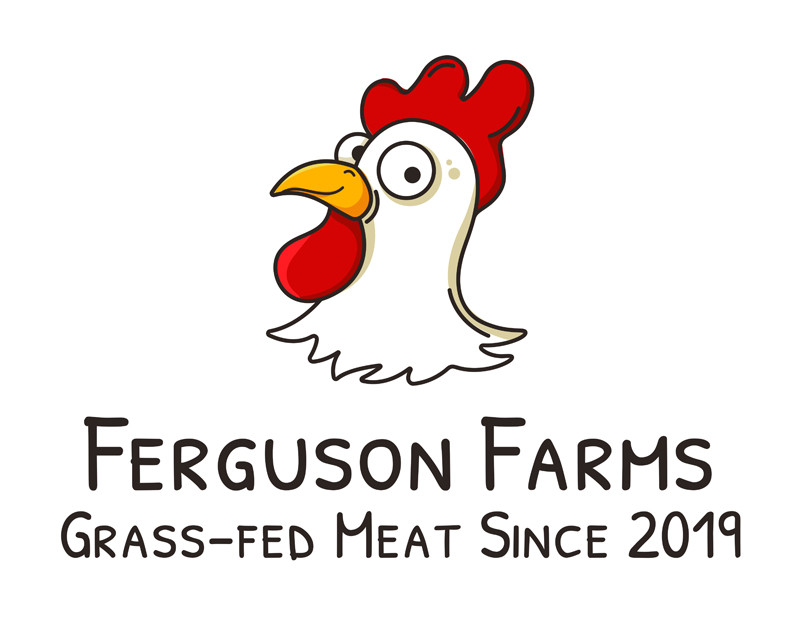Bugs to be used in bread, beer and various other items 'intended for the general population,' courtesy of the EU - Blazemedia
posted on
February 2, 2023
The next pizza or beer the American traveler to Europe consumes may be loaded with bug dust, thanks to the European Food Safety Authority.
According to the official journal of the EU, a company called Cricket One submitted an application in 2019 seeking authorization to place partially defatted house cricket powder on the market as a novel food.
The company sought to clear it for use in the manufacture of various foods, such as "multigrain bread and rolls, crackers and breadsticks, cereal bars, dry pre-mixes for baked products, biscuits, dry stuffed and non-stuffed pasta-based products ... beer-like beverages, chocolate confectionary ... and meat preparations."
The EFSA concluded in early 2022 that cricket powder was "safe under the proposed conditions of use and use levels," despite admitting that there was "limited published evidence on food allergy related to insects in general, which equivocally linked the consumption of [house crickets] to a number of anaphylaxis events."
The EFSA also noted "evidence demonstrating that [the house cricket] contains a number of potentially allergenic proteins" and that such bug dust "may cause allergic reactions in persons that are allergic to crustaceans, mollusks, and dust mites."
Prior to the EFSA's bug dust approval, the New York Allergy and Sinus Centers reported that the protein in shellfish is also present in crickets, which means "that if you suffer from a shellfish allergy, there is a high chance that you will be allergic to crickets. The more you are exposed to crickets, the more likely you are to develop the allergy."
As of Jan. 24, 2023, Cricket One is permitted to peddle its pest feed in Europe.
Bloomberg indicated that yellow mealworms and grasshoppers have similarly been approved.
According to Cricket One's website, "Cricket protein is nutritionally more efficient, high performing and complete. It is a reliable and sustainable source of alternative protein that does not harm the planet."
The company cites among its "sustainable goals" both "climate action" and "responsible consumption and production."
This push for people to consume bug dust reveals climate alarmists are not keen simply to discourage people from having children or to bereave Western nations of stable and ethical energy supply.
The Guardian ran an op-ed in 2018 claiming, "Reducing our meat intake is crucial to avoiding climate breakdown, since food production accounts for about a quarter of all human-related greenhouse gas emissions, and is predicted to rise. In western countries, this means eating 90% less beef and five times as many beans and pulses."
A 2017 review published in the journal Agronomy for Sustainable Development suggested that rather than meat, humans could instead try eating weeds, microalgae, and bugs.
The World Economic Forum ran an article in February 2022 touting bugs as "an excellent alternative source of protein" and a way to "significantly reduce our carbon footprint." The WEF author went so far as to suggest that insects are "part of a virtuous eco-cycle."
When speaking recently at the WEF, Siemens AG chairman Jim Hagemann similarly called on people to stop eating meat to curb the specter of anthropogenic climate change.
"If a billion people stop eating meat, I tell you, it has a big impact. Not only does it have a big impact on the current food system, but it will also inspire the innovation of food systems," Hagemann told a crowd of technocrats in Davos, Switzerland.
The multimillionaire predicted that "we will have proteins not coming from meat in the future. They will probably taste even better. ... They will be zero carbon and much healthier than the kind of food that we eat today. That is a mission we need to get on."
\u201cSiemens AG Chairman Jim Hagemann at WEF: "If a billion people stop eating meat, I tell you, it has a big impact. Not only does it have a big impact on the current food system, but it will also inspire innovation of food systems..."\u201d
— Breaking911 (@Breaking911) 1674155754
A 2018 research article in Frontiers in Nutrition discussing how best to foist insects on human beings suggested that Westerners averse to eating lizard food "have a stereotyped knowledge of insects and other species, and the association of some of those animals with decaying matter and feces could have led to psychological contamination of the entire category."
The article intimated that social engineering may be necessary to bring about a "large-scale behavioral change in favor of insect-based diets."
The promotion of bug consumption on the basis of its purported environmental benefits isn't working, the researchers conceded, suggesting instead that "interventions emphasizing the delicious and unique culinary experience [would] lead to a higher increase in insect consumption."
Forbes recently reduced the matter of gustatory delight to mere utility, suggesting that "growing livestock for meat is an astoundingly inefficient rate of return on investment." The Forbes author alleged that extra to the efficiency of bugs, their consumption may also be good for national security.
Ligaya Mishan, writing in the New York Times, went the extra mile to couch her justification of eating creepy crawlers in Scripture, noting that John the Baptist too survived on locusts.
MarketWatch reported that the global edible insects market, valued at $486.6 million in 2019, is expected to reach $1.2 billion by the end of 2026.




